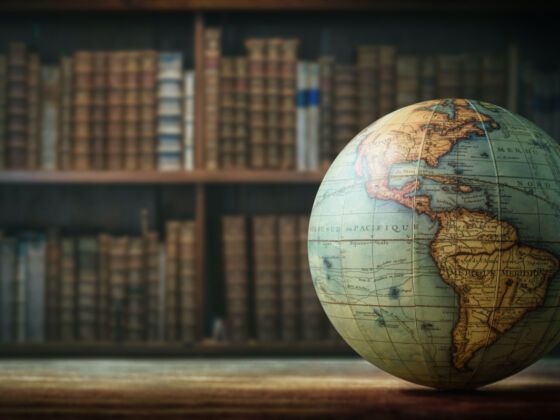First things first. I didn’t actually read The Geography of Bliss.
I wanted to, and I wanted to like it; I really did. The simplicity and crisp color of the cover drew me in when I first saw it in the bookstore, as did the author’s premise.
He would spend a year traveling to ten countries in search of something that was, for him, as elusive as the Fountain of Youth: happiness.
